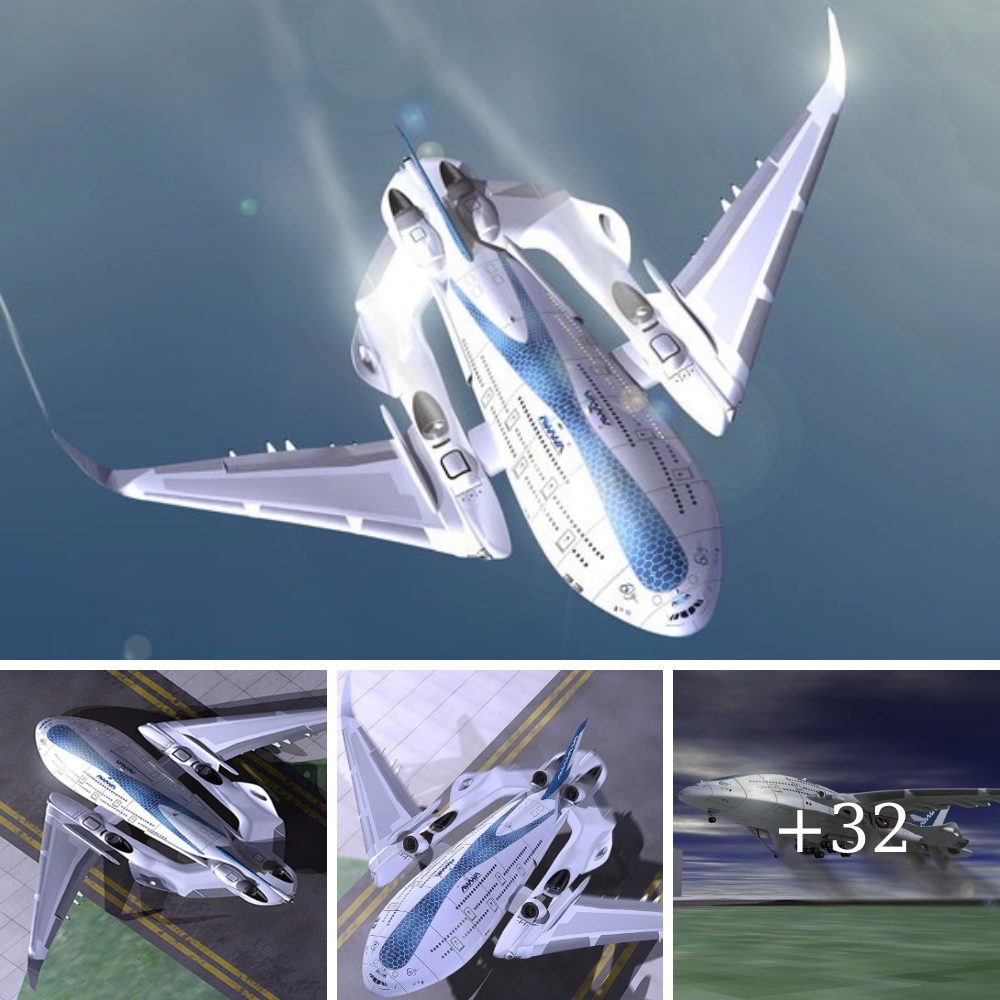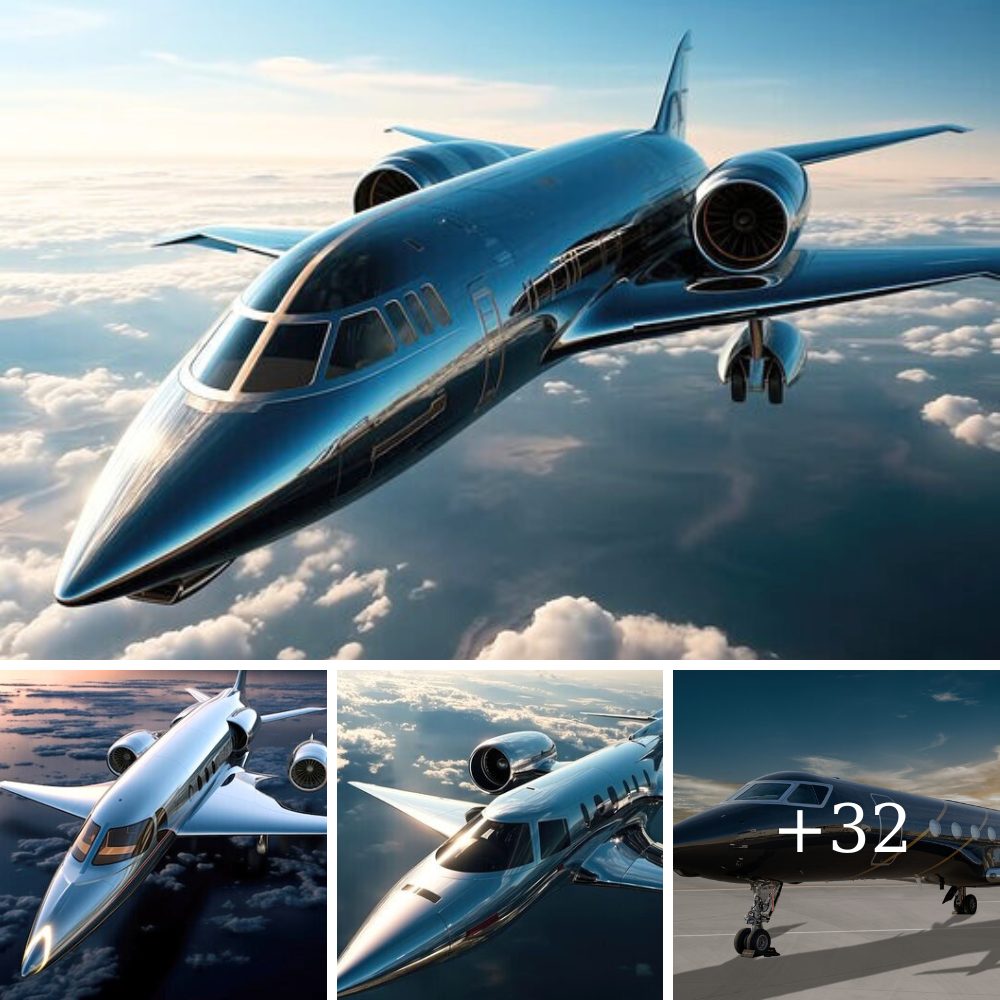Japanese eVTOL company SkyDrive has announced it’s going into partnership with Suzuki, as it works toward the development and full-scale production of a “compact, two-seating electric-powered flying car,” which it hopes to debut at the Osaka World Expo in 2025.

SkyDrive would appear to be Japan’s leading eVTOL project. Its parent company, charmingly named Cartivator, was founded on the back of a small investment by Toyota. Its CTO, Nobuo Kishi, joined the company after holding a “top post” at Mitsubishi Aircraft Corporation, and it partnered with electronics giant NEC on a demonstration aircraft back in 2019.
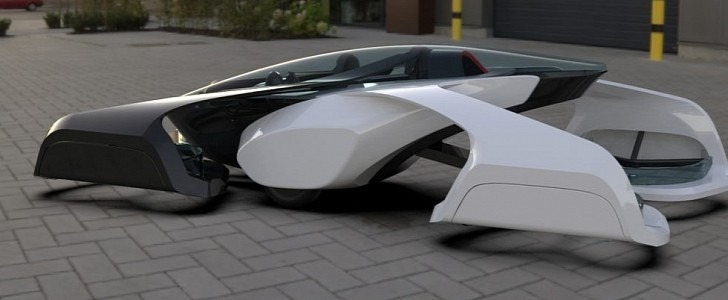
Now, Suzuki is coming on board, “to collaborate in areas of business and technology that include technology R&D, planning of manufacturing and mass-production systems, development of overseas markets with an initial focus on India, and promotion of efforts to attain carbon neutrality.”
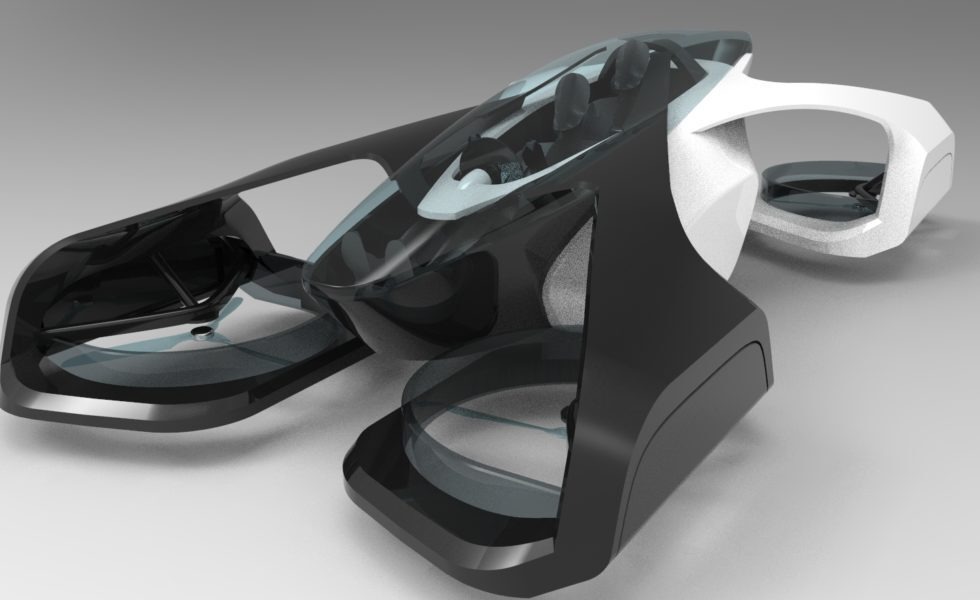
Despite sticking mainly in the automotive, motorcycle, ATV, marine and engine businesses, Suzuki is perhaps a bigger company than it might seem, shipping nearly three million units and pulling down almost US$29 billion in revenue in 2020. In car manufacturing alone, it ranked as the 11th biggest automaker in 2017. It has been slow, however, in moving to electric power. Indeed, Suzuki’s first all-electric consumer car isn’t expected until 2025.
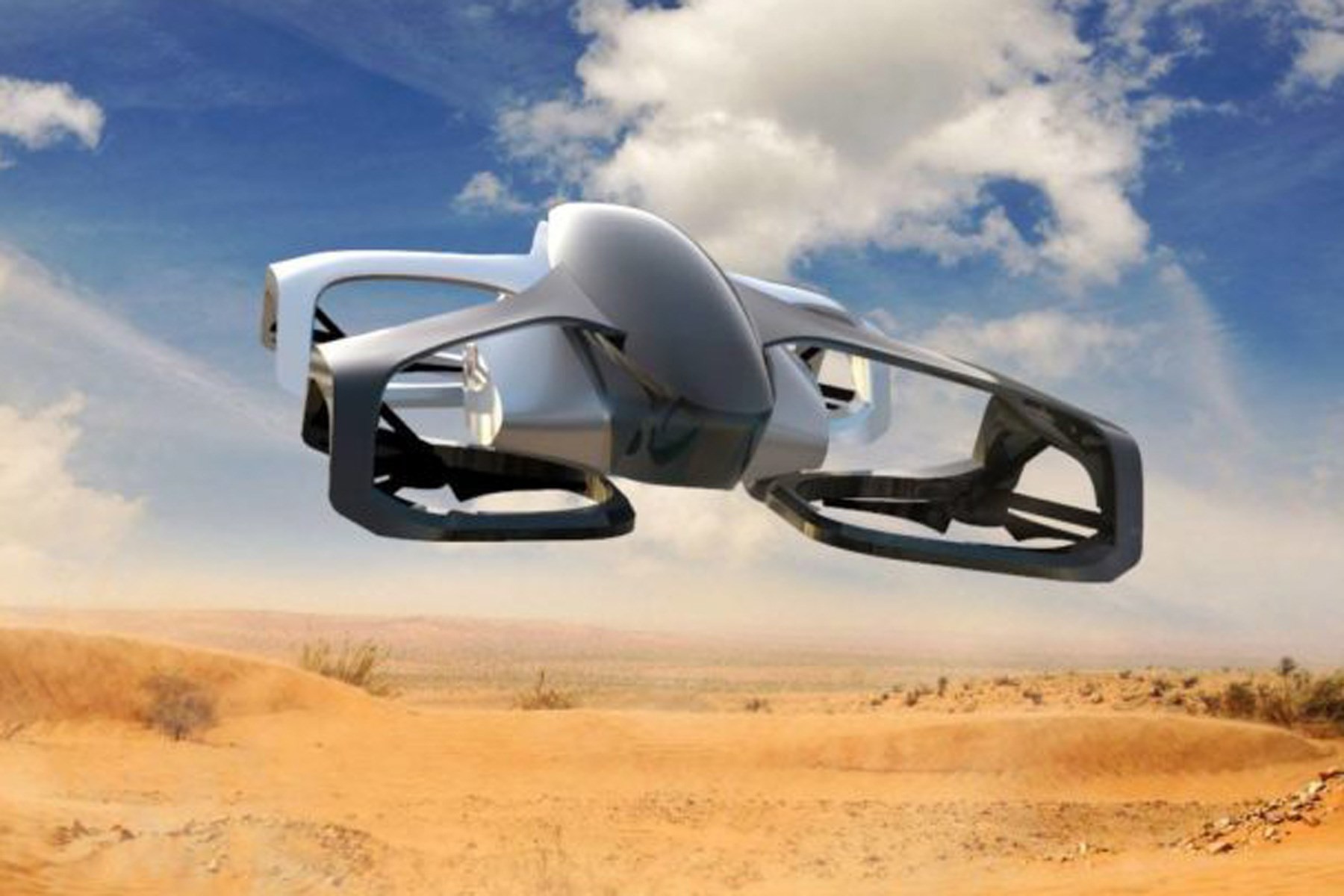
This is an 8-prop coaxial multicopter airframe, with a glass-covered cabin. It’s designed to lift a maximum takeoff weight of 500 kg (1,100 lb) to a max altitude of 500 m (1,640 ft), flying at a max speed of 100 km/h (62 mph) for somewhere between 20-30 minutes.
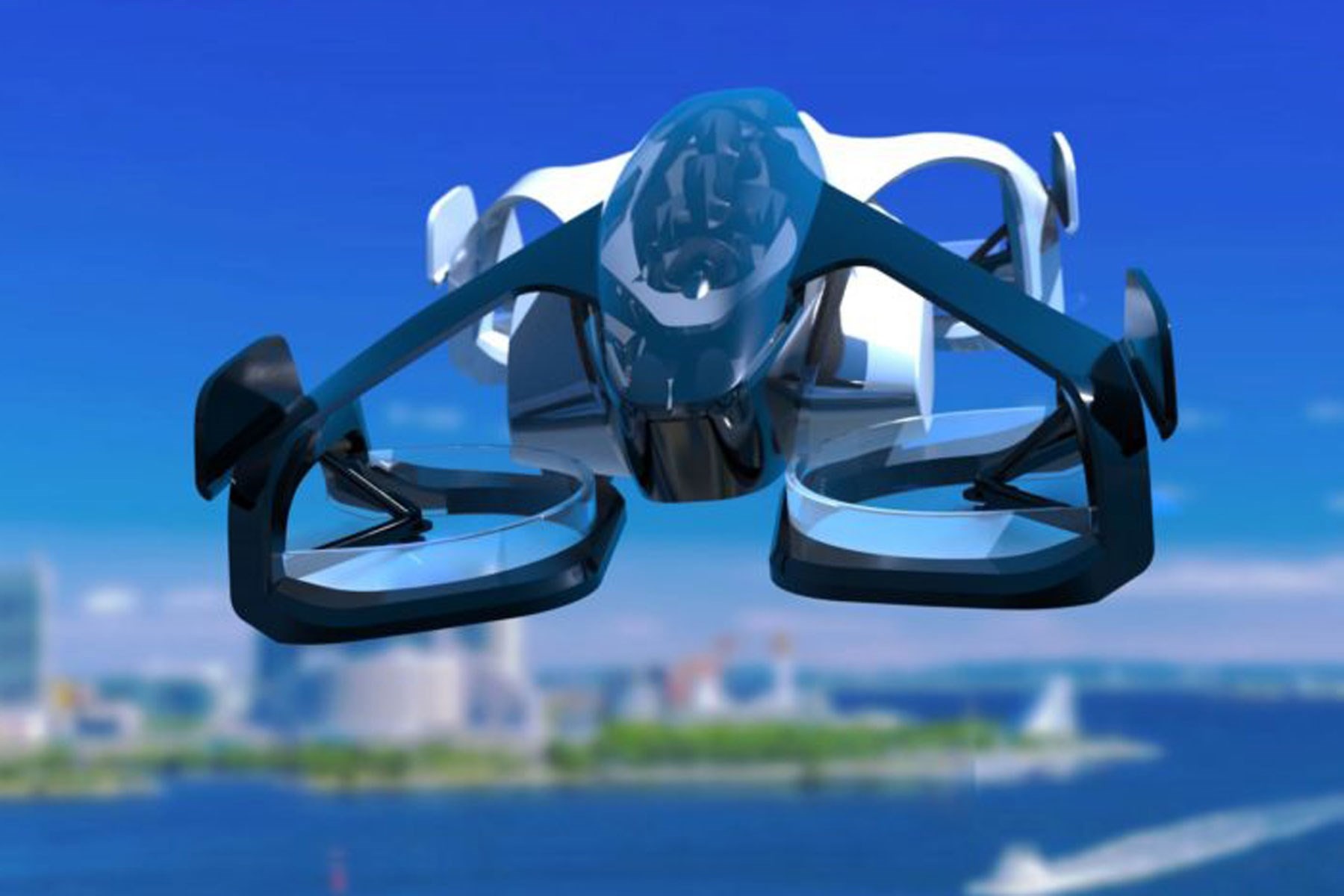
Unusually, it’ll actually fit the “flying car” category, since it offers a drive mode as well. On the ground, it rests on three wheels – two side by side beneath the cabin, and a third extending back behind the cabin. SkyDrive says it’s planning a max driving speed of 60 km/h (37 mph), with a range between 20-30 km (12-18 miles).


